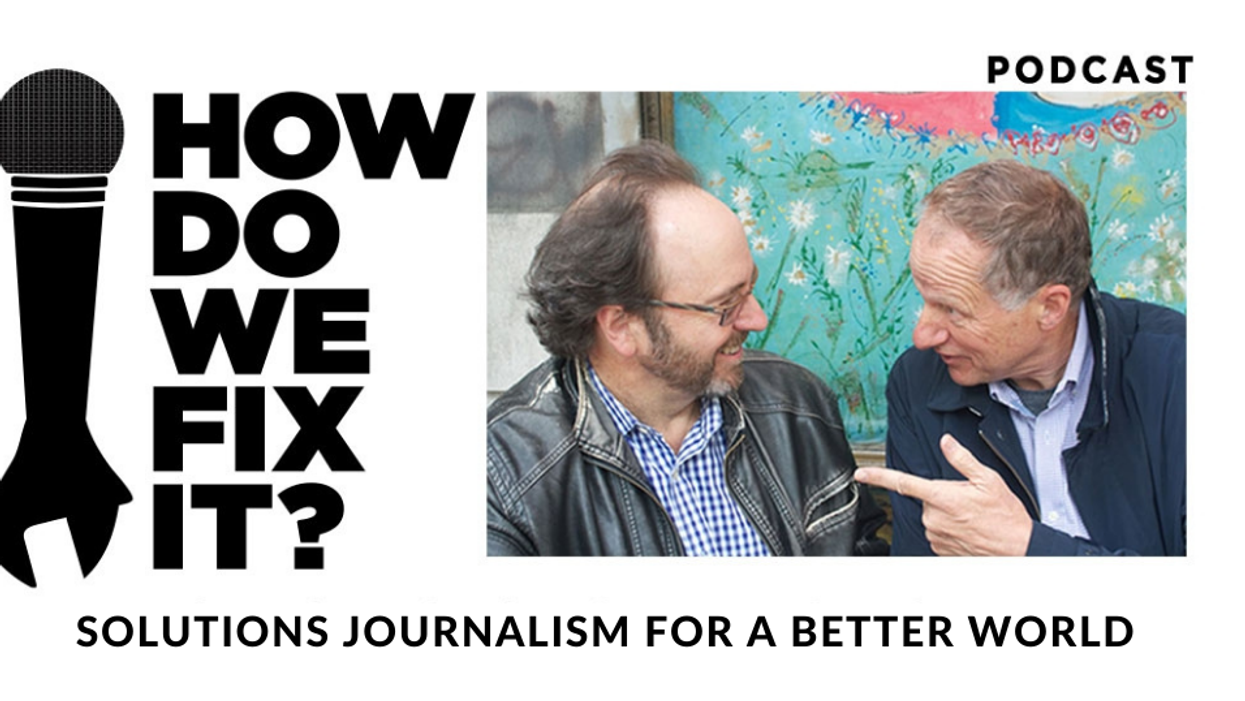In some ways, our culture is less tolerant and more fragile than it once was. The teaching of literature in schools and colleges is often caught in the crossfire of the culture wars. Support for canceling books and authors by the illiberal left and demands to ban books from the reactionary right have led to the removal of important literature from classrooms and libraries.
In this episode, author and literature professor, Deborah Appleman mounts a rousing case for teaching troubling texts in troubling times. "Our classrooms need to remain a space where critical thinking is taught, tolerance from different viewpoints is modeled, and the sometimes-harsh truth of our history and literary heritage are not hidden," she says. Her latest book is "Literature and The New Culture Wars."




















Trump & Hegseth gave Mark Kelly a huge 2028 gift